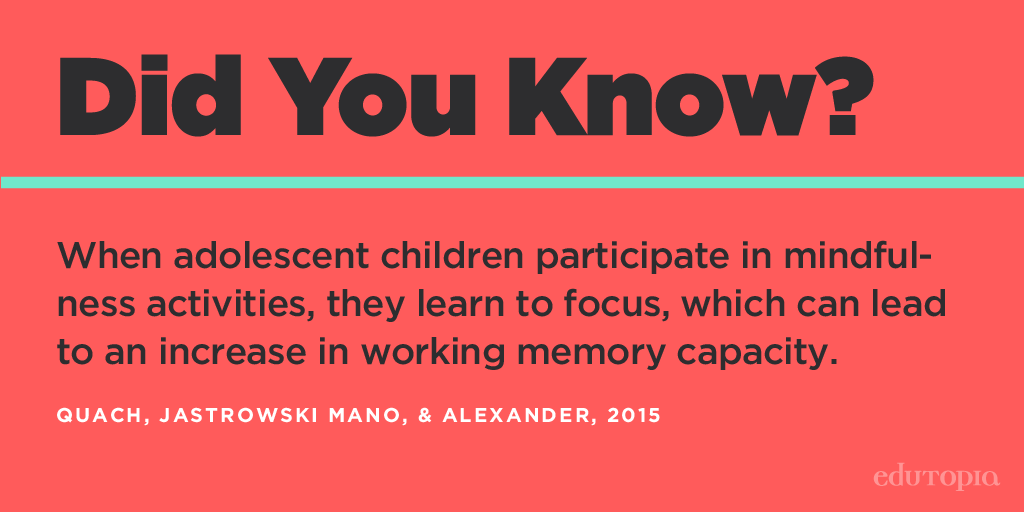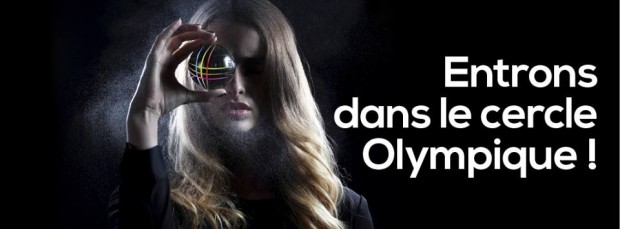Foundations of Sport and Exercise Psychology 6th Edition
with Web Study Guide
Daniel Gould and Robert Weinberg
Human Kinetics, 2015, p.649
www.humankinetics.com/FoundationsOfSportAndExercisePsychology
As the leading text in sport and exercise psychology, “Foundations of Sport and Exercise Psychology, Sixth Edition With Web Study Guide,” provides a thorough introduction to key concepts in the field. This text is for me the best manual about this topic integrating updated research data and professional tools regarding sport and exercise.
The book is organized in seven-part and key points are highlighted throughout to help readers to learn the main concepts.
Part I – Beginning your journey – Introduces the sport and exercise psychology definition, its history the differences between these two specialties, providing an international perspective of the present and future trends.
Part II – Learning about participants – is devoted to understand the personality studies and its measures, identifying the relation between cognitive strategies and success and the role of the expert in understanding personality. Others two chapters talk about the motivation and the relation between self-regulation (arousal, stress, anxiety) and performance. There is always the focus regarding how to apply these knowledges in professional practice.
Part III – Understanding sport and exercise environments – comprehends two chapters one about competition and cooperation and the other on feedback and motivation. To the PE teachers and coaches provides a lot of useful information theory based about the interpersonal relation with their pupils in the different settings (sport, physical education and exercise).
Part IV – Focusing on group processes – is another section focused to provide theoretical and practical information on group management, leadership and interpersonal communication
Part V – Improving performance – is probably the section more useful for all the practitioners or motivated to be involved in program of mental coaching. There are five chapter on arousal regulation, imagery, self-confidence, goal setting and concentration. From my side the most important content of this part is the first devoted to explain what, why and who should conduct psychological skills training programs.
Part VI – Enhancing health and well-being – this topic has become increasingly important in the last 20 years and the authors have devoted four chapters, regarding: exercise and psychological well-being, exercise and behavior adherence, athletic injuries and psychology, addictive and unhealthy behaviors, burnout and overtraining.
Part VII – Facilitating psychological growth and development – is a section with different topics such as children and sport, aggression in sport, and character, fair play and good sporting behavior.
It also includes web study with: 21 video demonstrations of sport psychology techniques, 30 interviews with leading experts and 89 interactive activities.











